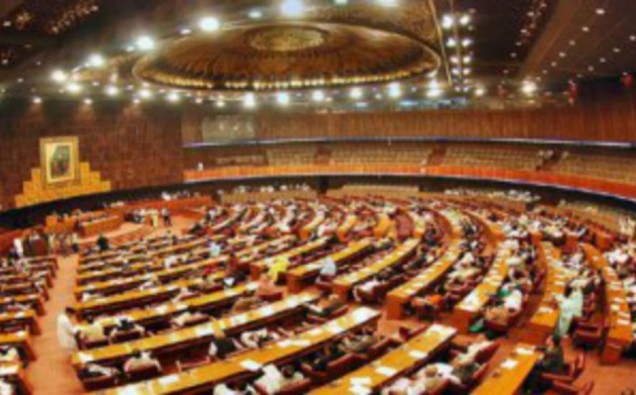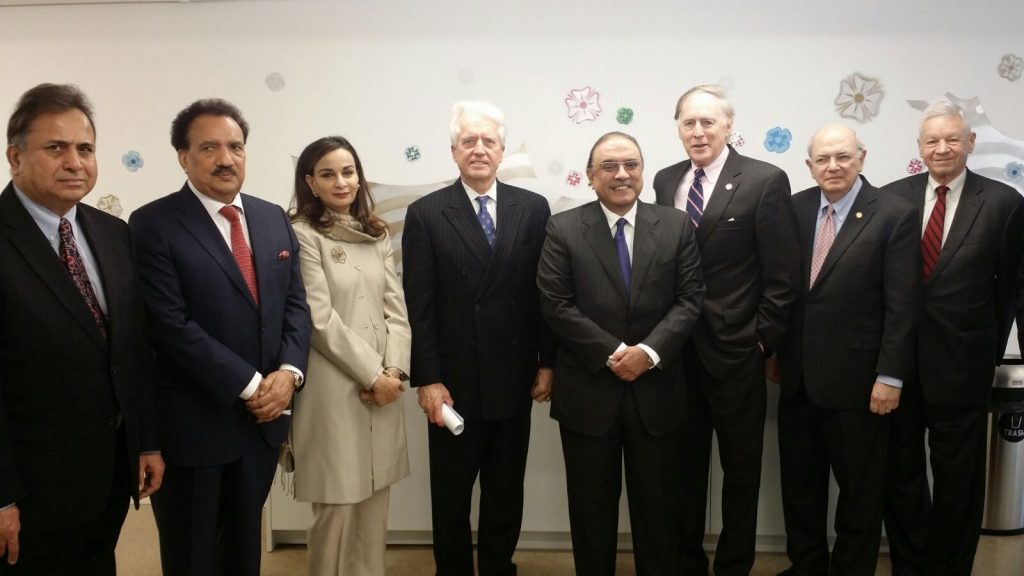
Pakistan will hold general elections on July 25 in what would be the unprecedented third successive polls on the completion of two five-year terms of democratically elected governments.
The PML(N) government, elected in May 2013, will complete its five-year term on May 31 following, and as per the Constitution, elections to the national and provincial assemblies should take place within 60 days of expiration of the elected assemblies. On June 1, a new caretaker government will start functioning to oversee the electoral process.
The democratic transition in Pakistan has great importance for the region, racked by militancy and insurgency in Afghanistan and Pakistan-India conflict over Kashmir. Both China and the U.S. have high stakes in the region and in their bilateral relations with Pakistan.
The PML (N) government weathered a tumultuous in the last two years. Nawaz Sharif was dislodged from the office of premiership on account of his conviction in a much-publicized corruption case after courts found him intentionally hiding offshore wealth.Meanwhile, Pakistan Tehreek-e-Insaaf, led by Imran Khan and Pakistan Peoples Party, led by former President Asif Ali Zardari, are looking to make gains in the face of PML(N) political setbacks.
After the presidential nod for the July 25 date on Saturday, the Election of Commission of Pakistan said 86,436 polling stations will be set up for the elections – 48,667 in Punjab, 18,647 in Sindh, 14,655 in FATA and KP, and 4,467 in Balochistan.
The fresh electoral rolls show a 23 per cent increase in the total number of voters as compared to the 2013 elections when the total number of voters stood at 86.19 million.
A total of 105.96 million voters will be eligible to cast their vote in the upcoming elections, with the number including 59.22 million male and 46.73 million females.

Former President Asif Ali Zardari with a group of bipartisan US Congressmen Photo: Pakistan Peoples Party
Punjab, the largest province, has a total of 60.67 million voters – 23 per cent increase from 2013, with the numbers including 33.68 million male and 26.99 female voters. Sindh has a total of 22.39 million voters, with an 18 per cent increase over 2013, including 12.44 million male and 9.95 million female voters.
The third largest province, Khyber Pakhtunkhwa has 15.32 million registered voters – a 25 per cent jump from 2013, including 8.71 million male and 6.61 million female voters.
Balochistan, the key strategic province, has a total of 4.3 million registered voters, a 29 per cent expansion from 2013, including 2.49 million male and 1.81 million female voters.
The Federally Administered Tribal Areas, commonly known as FATA, have 2.51 million voters. Islamabad has 0.77 million registered voters.





![By DFID - UK Department for International Development (https://www.flickr.com/photos/dfid/15759433450/) [CC BY 2.5 (http://creativecommons.org/licenses/by/2.5)], via Wikimedia Commons](https://www.viewsnews.net/wp-content/uploads/2017/07/Nawaz-Sharif-picture-at-London-Conference-1024x576.jpg)












